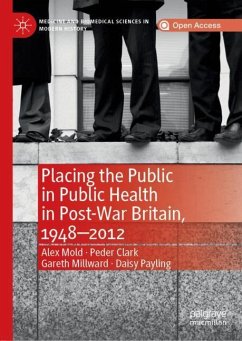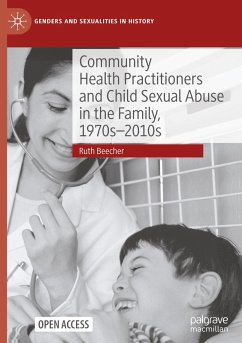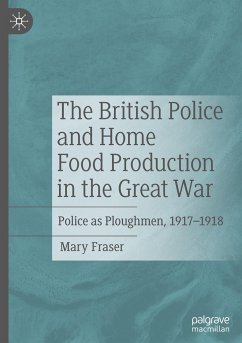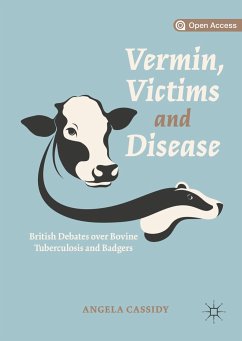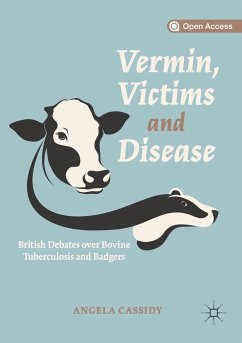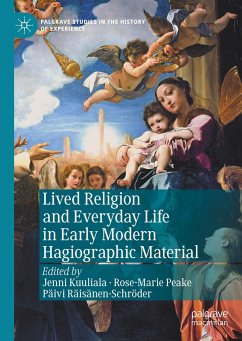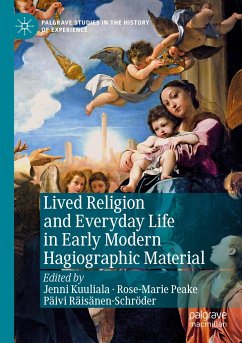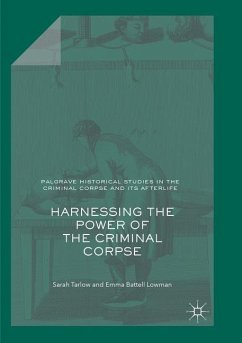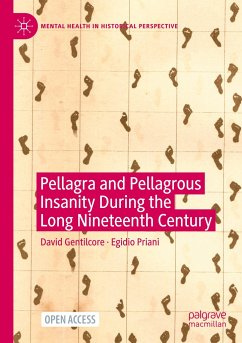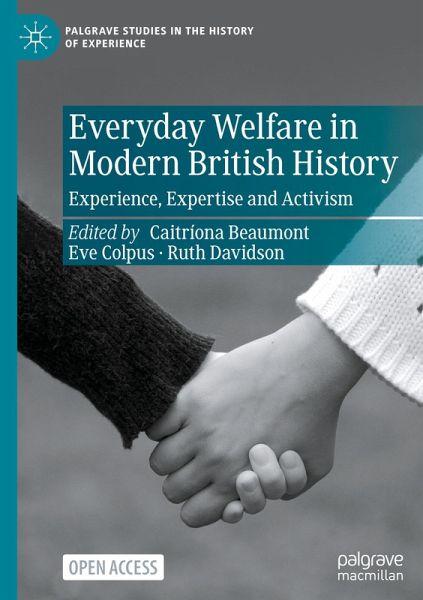
Everyday Welfare in Modern British History
Experience, Expertise and Activism
Herausgegeben: Beaumont, Caitríona; Colpus, Eve; Davidson, Ruth
Versandkostenfrei!
Sofort lieferbar
40,99 €
inkl. MwSt.

PAYBACK Punkte
20 °P sammeln!
This open access book offers a new approach to understandings of welfare in modern Britain. Foregrounding the agency individuals and groups claimed through experiential expertise, it traces deep connections between personal experience, welfare, and activism across diverse settings in modern Britain. The experiential experts studied in this collection include women, students, children, women who have sex with women, bereaved families, community groups, individuals living in poverty, adults whose status sits outside professional categories, health service users, and people of faith. Chapters tra...
This open access book offers a new approach to understandings of welfare in modern Britain. Foregrounding the agency individuals and groups claimed through experiential expertise, it traces deep connections between personal experience, welfare, and activism across diverse settings in modern Britain. The experiential experts studied in this collection include women, students, children, women who have sex with women, bereaved families, community groups, individuals living in poverty, adults whose status sits outside professional categories, health service users, and people of faith. Chapters trace how these groups have used their experiences to assert an expert witness status and have sought out new spaces to expand the scope, inclusivity, and applicability of welfare services.



